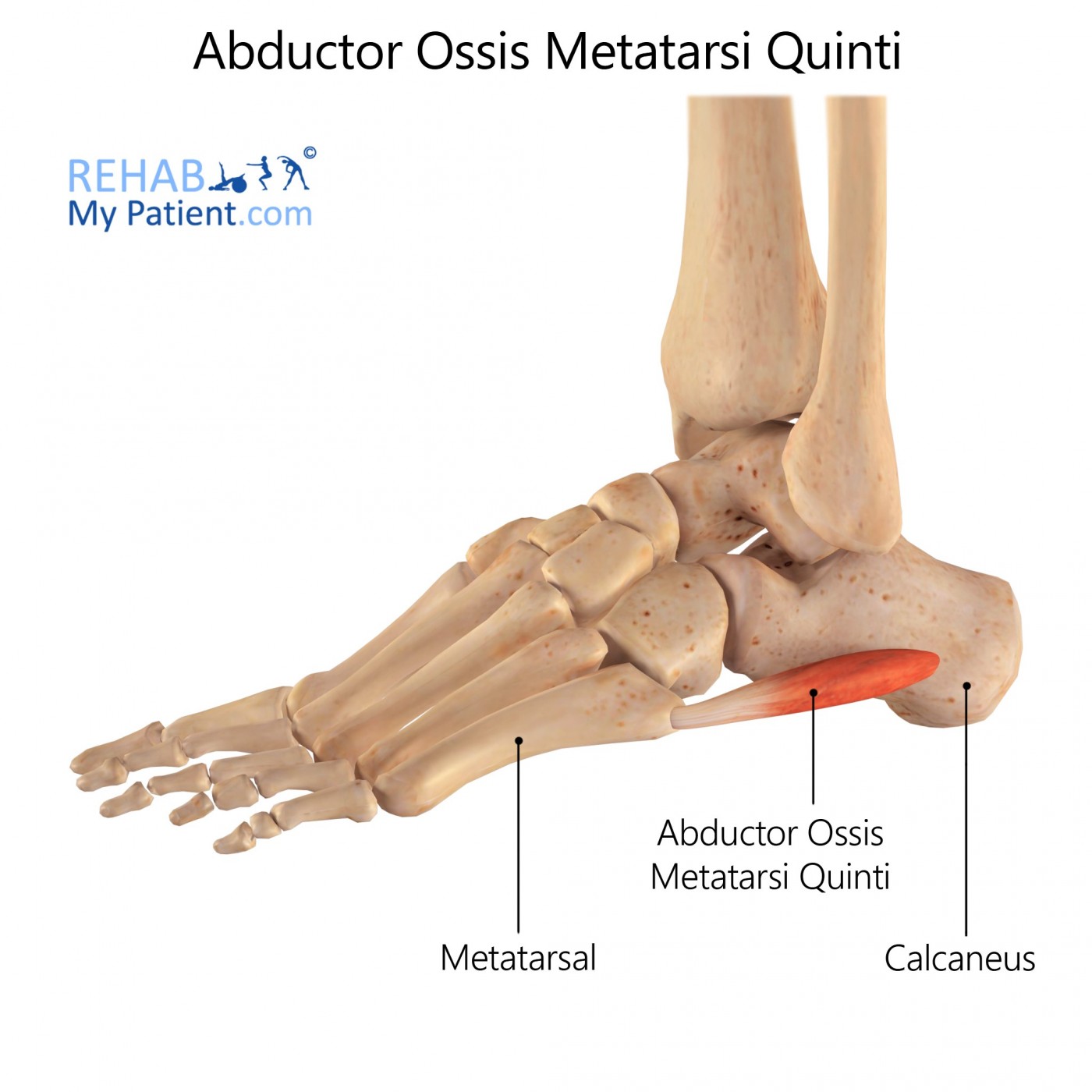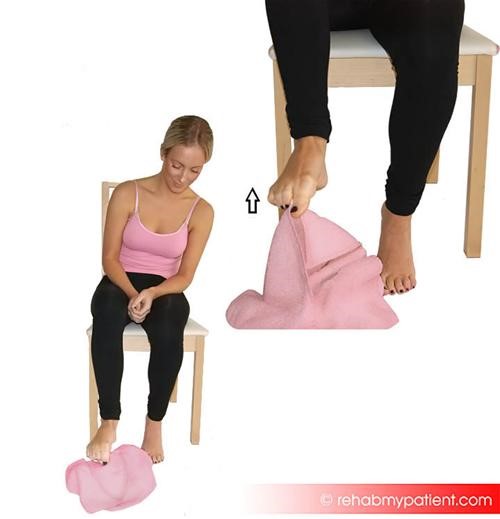Abductor Ossis Metatarsi Digiti Quinti
Opublikowano dnia 21st Jul 2020 / Opublikowano w: Następnie

General information
An abductor muscle is one which draws part of the body away from the medial line. The abductor ossis metatarsi digiti quinti is a variation of the abductor digiti minimi pedis muscle (the foot abductor muscle which lies to the lateral border of the foot near the fifth toe). It extends from the abductor digiti minimi pedis.
Literal meaning
Translates from Latin as ‘abductor of the fifth metatarsal bone digit’.
Interesting information
The abductor digiti minimi pedis plays a role in posture during all upright physical activity and hence is often a source of injury, especially during sports due to the use of footwear that does not offer adequate protection to the feet. This condition is known as orteil de belette or weasel toe. This muscle can be injured due to high heels, walking or running on uneven ground - especially soft sand, weak ankles, or shoes that don’t fit properly. It causes lateral foot cramps and pain on the outer side of the heel.
Proper foot massages, proper rest, stretch exercises and trigger point therapy can help alleviate the symptoms. By using shoes with correct fit and cushioned soles when walking or standing on hard surfaces, overuse of this muscle and related injuries can be reduced.
The abductor digiti quinti can easily be palpated by a therapist using the pincer technique along the lateral border of the foot. The two palpable trigger points of this muscle are located distal and proximal to the base of the fifth metatarsal bone. They are identified by the jump response to spot tenderness in a taut muscle band. First a vaporized coolant is sprayed on to the trigger points, and then trigger point release is performed either by applying pressure or by a cold with stretch method. After either of these methods, hot packs and motion exercises are done. If pain persists, trigger point injection might be required.
Origin
This muscle is small and arises from the lateral tubercle of the calcaneus or rather, from the fibres of the abductor digitiquinti.
Insertion
It inserts onto the tuberosity of the fifth metatarsal bone in connection with or underneath the outer margin of the plantar fascia.
Function
This muscle functions in the abduction of the little toe at the joint between the metatarsal bone and the proximal bone. In other words, the muscle moves the little toe away from other toes helping in balance and stability of the feet.
Nerve supply
The lateral plantar nerve, which is a branch of the tibial nerve.
Blood supply
The lateral plantar artery.

Abductor ossis metatarsi digiti quinti exercise

Try to pick up a towel using your toes. Hold for 10 seconds, and repeat 5 times. Perform this exercise every day to improve strength in your toes and intrinsic foot muscles.
Zapisać się
Zarejestruj się już teraz, aby skorzystać z bezpłatnego okresu próbnego!
Zacznij korzystać z Rehab My Patient już dziś i zrewolucjonizuj proces przepisywania ćwiczeń, aby zapewnić sobie skuteczną rehabilitację.
Rozpocznij 14-dniowy bezpłatny okres próbny